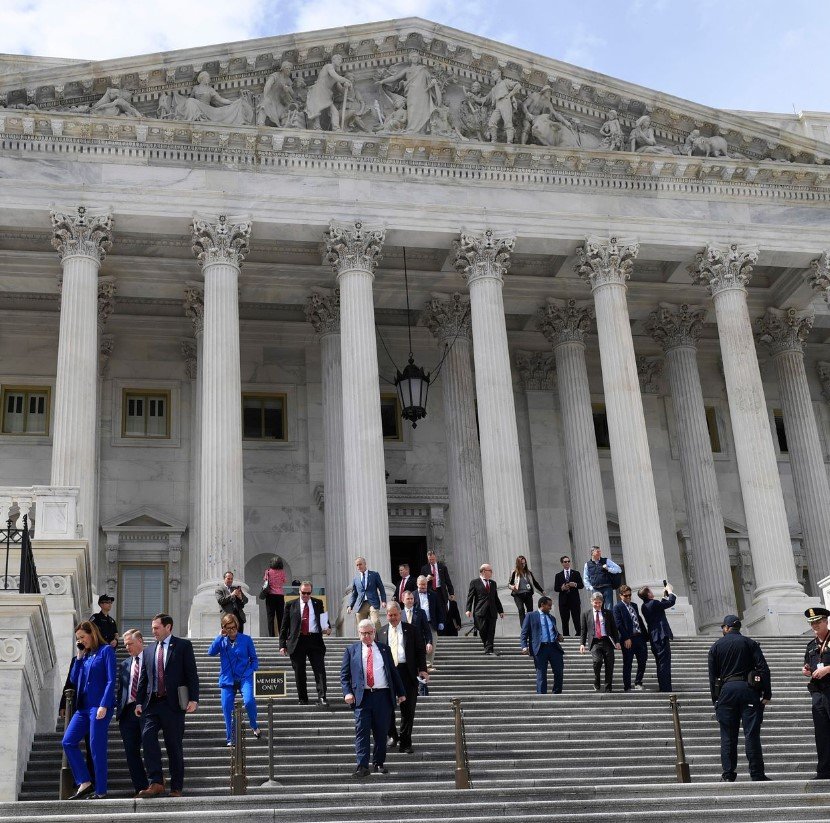A government panel has issued a report that supports the extension of a controversial surveillance law that allows the collection of foreign communications without a warrant, but also proposes new measures to protect the privacy of Americans.
The Privacy and Civil Liberties Oversight Board Report
The Privacy and Civil Liberties Oversight Board (PCLOB) is an independent agency that oversees the nation’s security programs and ensures that they respect civil liberties and privacy rights. On Thursday, the PCLOB released a public report on Section 702 of the Foreign Intelligence Surveillance Act (FISA), which is set to expire on December 31, 2023.

Section 702 authorizes the National Security Agency (NSA) and other intelligence agencies to collect the communications of foreigners located outside the United States for foreign intelligence purposes, without obtaining a warrant from a court. However, this program also incidentally collects the communications of Americans who are in contact with or mention the foreign targets, raising concerns about the impact on their constitutional rights.
The PCLOB report examines the legal and policy aspects of Section 702, as well as its operational effectiveness and oversight mechanisms. The report concludes that Section 702 is a valuable tool for national security that has helped prevent terrorist attacks and counter other threats. The report also acknowledges that Section 702 poses a significant risk to the privacy and civil liberties of Americans, and recommends several reforms to address this issue.
The Proposed Reforms for Section 702
The PCLOB report makes 16 recommendations for improving Section 702, some of which require legislative action and some of which can be implemented by the executive branch. The main recommendations are:
- Requiring judicial approval for querying the Section 702 database for information about Americans. Currently, analysts can search the database for American identifiers, such as phone numbers or email addresses, without obtaining a warrant or approval from a court. The PCLOB suggests that this practice should be subject to judicial review, except in emergency situations.
- Limiting the retention and dissemination of information about Americans. The PCLOB proposes that the intelligence agencies should delete or minimize any information about Americans that is not relevant to foreign intelligence or evidence of a crime, and should not share such information with other agencies or entities, unless it is necessary to protect national security or public safety.
- Enhancing transparency and oversight of Section 702. The PCLOB recommends that the intelligence agencies should provide more information to Congress, the courts, and the public about the scope and impact of Section 702, including statistics on how often Americans’ communications are collected, queried, and used. The PCLOB also suggests that the agencies should conduct regular audits and reviews of their compliance with the law and the privacy rules.
The Reaction to the PCLOB Report
The PCLOB report has received mixed reactions from different stakeholders and experts. Some have praised the report for providing a balanced and thorough analysis of Section 702, and for offering reasonable and practical suggestions for reform. Others have criticized the report for being too lenient and deferential to the intelligence agencies, and for failing to address some of the fundamental problems with Section 702, such as its broad scope and lack of judicial oversight.
The report comes at a critical time, as Congress is expected to debate whether to reauthorize Section 702 before it expires at the end of the year. The PCLOB report may influence the outcome of this debate, as lawmakers will have to weigh the benefits and risks of Section 702, and consider whether to adopt any of the proposed changes.
